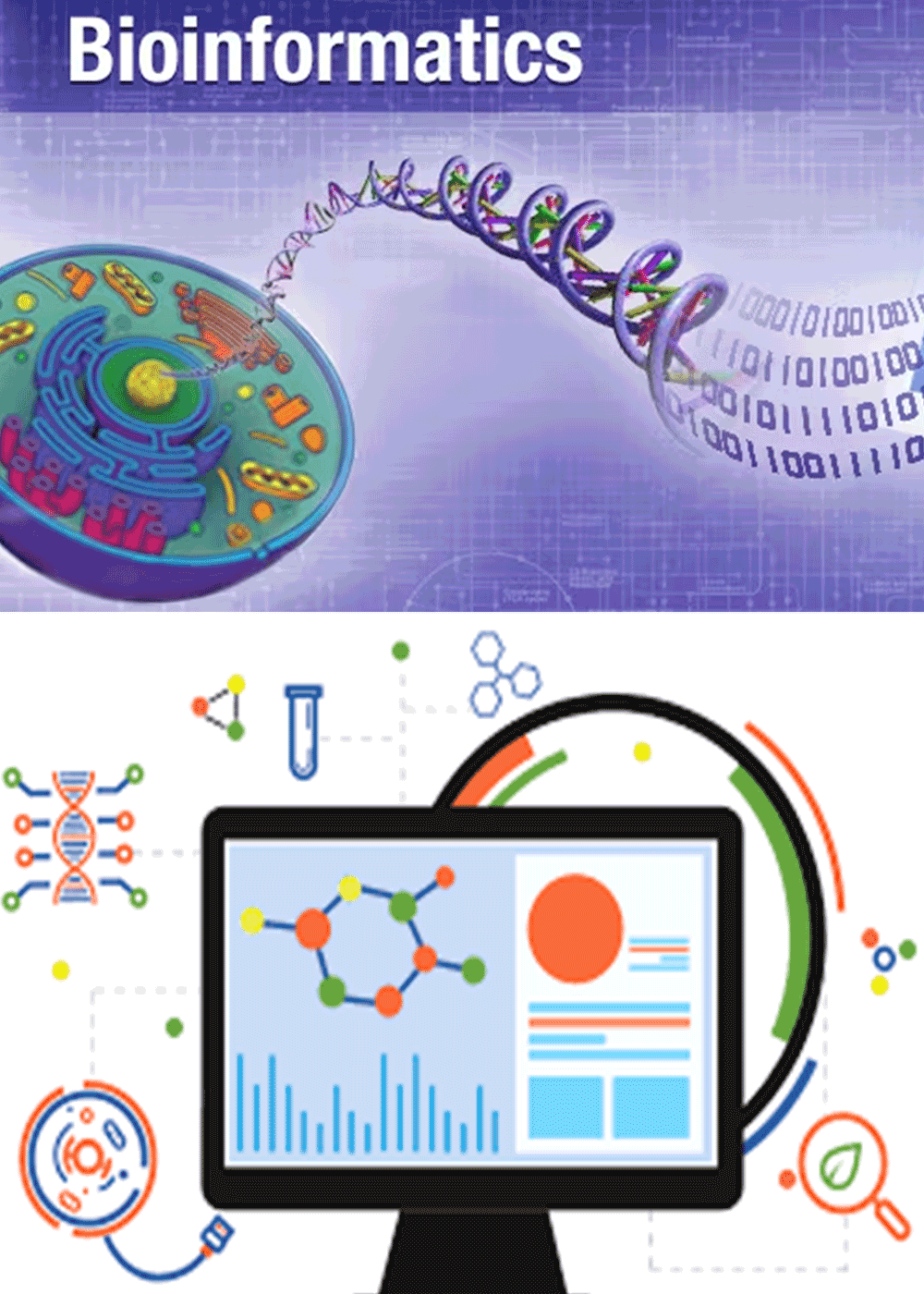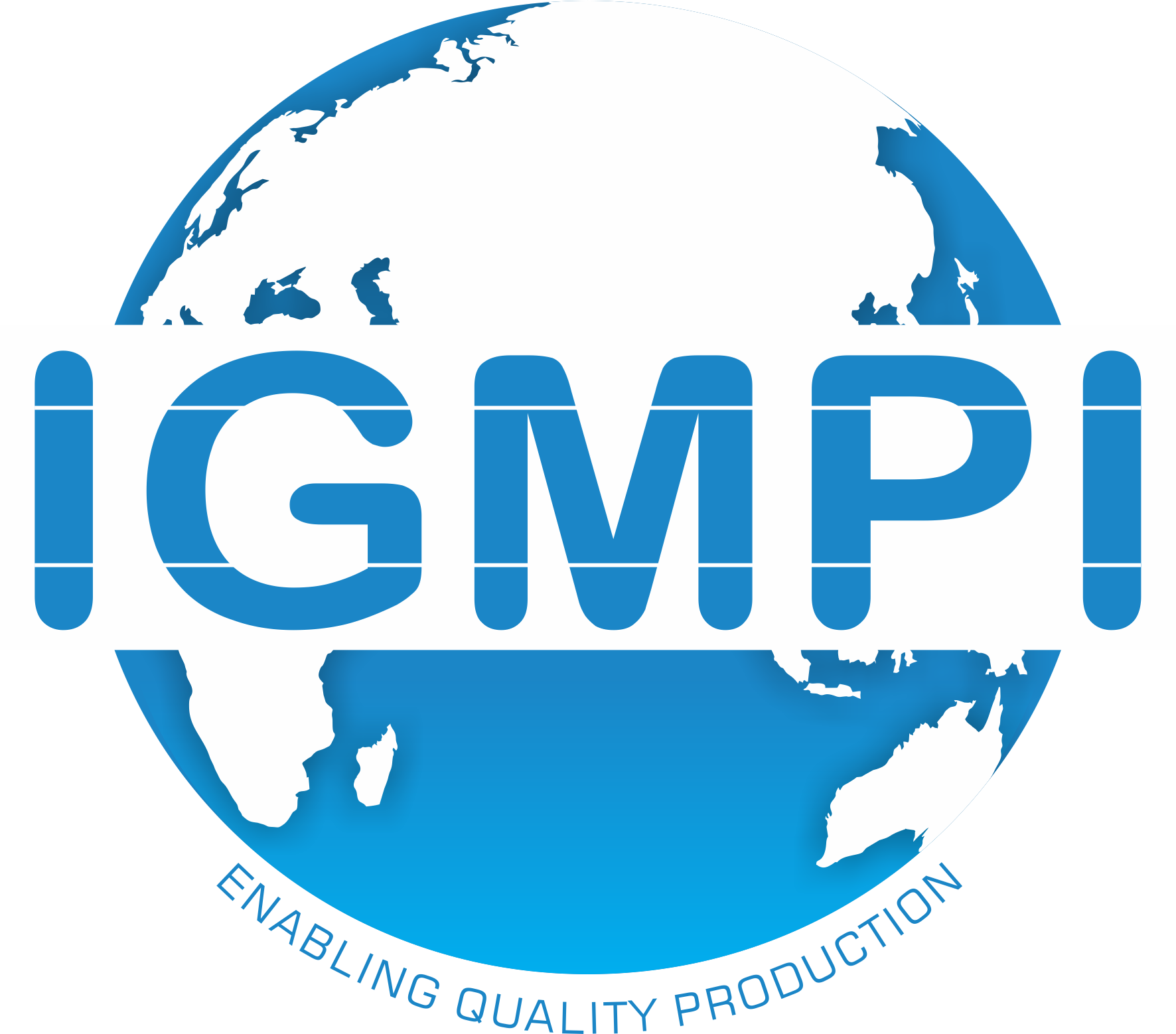


The Institute of Good Manufacturing Practices India, registered under SR Act XXI of 1860, Government of India, recognised by Ministry of Commerce & Industry, accredited Vocational Institution of Ministry of Education, Government of India and approved by Food Safety and Standards Authority of India (FSSAI) presents a unique, friendly and interactive platform to get rid of all your GMP compliance related issues. GMP- an essential element of industries like pharmaceutical, cosmetic, Ayurveda, biotech, homeopathic, medical device and food manufacturing and sustainability services - in itself is the most dynamic part which witnesses frequent changes in terms of new rules being added and old ones being renewed. Thus, keeping oneself updated with current GMPs is essential to remain aligned with evolving industry requirement and standards.
Our team comprises knowledgeable professionals from diverse sectors such as Pharma, Healthcare, Food & Nutraceutical industries, pooling together their expertise, know-how, and practical experiences to create this GMP guide. IGMPI is moving hand in hand with technology advances and has gained recognition as a stronger and better education and training platform provider for professionals and students in the areas of GMP, Quality Assurance and Control, Pharma, Food & Nutrition and Healthcare Regulatory Affairs, Clinical Research, Pharmaceutical IPR and Good Laboratory Practice and Product Management. Our board of governors and specialists have collated their acumen and are offering state-of-the-art courses which includes GMP training, Quality Assurance and Control, Pharma and healthcare Regulatory Affairs, Clinical Research, Pharmaceutical IPR, Environment Social Governance (ESG), and Good Laboratory Practice in form of formal classroom studies, online/interactive programmes, online seminars, as well as onsite training programmes along with the knowledge of worldwide affairs of the industry. In short, a round-the-clock service is provided for any information in these areas required by anybody from around the country and abroad. Based on high standards of quality, the training programmes in Pharma, Healthcare and Food GMP, Quality Assurance and Quality Control, Regulatory Affairs, IPR, Pharma Product Management, Public Health, Hospital Management, Clinical Research, Pharmacovigilance, Medical Writing, Medical Coding, Nanotechnology, Drug Design and Discovery, Food QA&QC, etc., areas have been approved by Quality Council of India, which is an autonomous body and an accreditation authority for education & vocational training providers under the Ministry of Commerce & Industry, Government of India. IGMPI is duly licensed and certified by Bureau of Indian Standards (BIS) under Bureau of Indian Standards (Conformity Assessment) Regulations 2018.
IGMPI is recognized by the Ministry of Commerce & Industry, Government of India and duly licensed and certified by Bureau of Indian Standards (BIS) under Bureau of Indian Standards (Conformity Assessment) Regulations 2018 (License number: ERO/EOMSM/L-8000027) for offering education and training programmes, services and processes in the areas of Pharmaceutical, Food, Nutrition, Healthcare, Environment Health & Safety (EHS), Environmental Social & Governance (ESG) and Marketing Communications.


Institute of Good Manufacturing Practices India (IGMPI) is registered as a non-profit society with its own Memorandum of Association and bye-laws under The Societies Registration Act, 1860, Government of India. IGMPI is an accredited Vocational Institution of Ministry of Education, Government of India.
The Post Graduate and Executive Diploma programmes of IGMPI in Good Manufacturing Practices, Regulatory Affairs, Intellectual Property Rights, Quality Assurance and Quality Control, Public Health, Nanotechnology, Hospital Management, Product Management, Sales and Marketing Management, Clinical Research, Medical Writing, Drug Discovery and Development, Pharmacovigilance, Medical Coding have been duly assessed and approved by Quality Council of India, Government of India based on fulfillment of QCI's following criteria:
IGMPI is also approved by Food Safety and Standards Authority of India (FSSAI) (FSSAI ID: TPINS18). IGMPI® is licensed by Department of Food Safety & Drug Administration under the Drugs and Cosmetics Act, 1940 and registered under Food Safety and Standards Act 2006.
IGMPI has been conferred with the prestigious "BUREAU OF INDIAN STANDARDS (BIS) AWARD OF HONOUR 2023". QUALITY COUNCIL OF INDIA (QCI) has also conferred IGMPI with D.L. SHAH NATIONAL QUALITY AWARD, Certificate of Merit & ASSOCHAM has conferred IGMPI with the Services Excellence Award based on excellence of its services to the students and training participants.
IGMPI is a Lifetime Institutional member of Indian Pharmaceutical Association (IPA).

Bureau of Indian Standards (BIS) came into existence through an act of Parliament in 1987. BIS is the National Standard Body of India established under the BIS Act 2016 for the harmonious development of the activities of standardization, marking and quality certification of goods and for matters connected therewith or incidental thereto. The Bureau is a Body consisting of 25 members representing both Central and State governments, Members of Parliament, industry, scientific and research institutions, consumer organizations and professional bodies; with Union Minister of Consumer Affairs, Food and Public Distribution as its President and with Minister of State for Consumer Affairs, Food and Public Distribution as its Vice-President.
Quality Council of India is set up by the Government of India to establish and operate national accreditation structure and promote quality through National Quality Campaign. QCI is registered as a non-profit society with its own Memorandum of Association. QCI is governed by a Council of 38 members and Chairman of QCI is appointed by the Prime Minister on recommendation of the industry to the government. The Department of Industrial Policy & Promotion, Ministry of Commerce & Industry, is the nodal ministry for QCI.
For providing its education and training services to overseas students, IGMPI is registered with the Directorate General of Foreign Trade, Government of India and our Export Import Code is AADCI7680Q.
IGMPI is an Institutional Member of the International Society for Quality in Health Care
Bureau of Indian Standards (BIS) is a member of International Organization for Standardization (ISO) and through the Indian National Committee (INC) which is a member of International Electrotechnical Commission (IEC). BIS is also a member of regional standards bodies like Pacific Area Standards Congress (PASC) and South Asian Regional Standards Organization (SARSO). India started taking part in IEC from 1911 and subsequently the then Indian Standards Institution (now BIS) took over the responsibility of Indian National Committee of IEC(INC-IEC) in 1949. Since then the INC-IEC is actively participating in the activities of the IEC both at the policy level and technical work and carrying out the responsibilities as member body of IEC Council. India is a member in Standards Management Board (SMB) of IEC since 2015.BIS has also signed Bilateral Cooperation Agreements (BCA)/Mutual Recognition Agreements (MRA) with the National Standards Bodies of several countries like Afghanistan, Bangladesh, Belarus, Egypt, European Union , Germany, Ghana, Greece, Indonesia, Iran, Japan, Jordon, Kenya, Kyrgyzstan, Mali, Mauritius, Nigeria, Russia, Saudi Arabia , Slovakia, Slovenia, Suriname, USA, UAE, Uzbekistan, Viet Nam, Bhutan, Brazil, Israel, Nepal, Pakistan and Sri Lanka.
National Accreditation Board for Certification Bodies (NABCB), Quality Council of India is a member of International Accreditation Forum (IAF) & Pacific Accreditation Cooperation (PAC) as well as signatory to its MLAs for Quality Management Systems, Environmental Management Systems and Product Certification. NABCB is also a Full Member of International Laboratory Accreditation Cooperation (ILAC) & Asia Pacific Laboratory Accreditation Cooperation (APLAC) as well as signatory to its MRAs for Inspection.
Bioinformatics is an interdisciplinary field that develops methods and software tools for understanding biological data. As an interdisciplinary field of science, bioinformatics combines computer science, statistics, mathematics, and engineering to analyze and interpret biological data. It is the is a new emerging field that helps in collecting, linking, and manipulating different types of biological information to discover new biological insight. This programme is targeted towards imparting theoretical as well as practical knowledge of bioinformatics to its participants. After completion of the programme participant is expected to have in-depth knowledge and better understanding of sequence analysis, prediction of protein structure, genome annotation, comparative genomics, health and drug discovery, microarray profiling. The modules have been compiled to introduce the attendee to various aspects of bioinformatics, its need and benefits in biological research.
Module 1: Introduction to Bioinformatics
Module 2: Cell Biology
Module 3: Biomolecules
Module 4: Molecular Biology
Module 5: Genomics and Proteomics
Module 6: Proteome Based Technology
Module 7: Structural Bioinformatics
Module 8: Cheminformatics
Module 9: Drug Design
Module 10: Biostatistics
Module 11: Bioprogramming and Bioinformatics Softwares
Module 12: Pharmaceutical and Healthcare Data Management <
Any Graduation/ B.tech/ B.Sc. in Microbiology/ Life Sciences/ Botany/ Zoology/ Food Science/ Food Technology/ BE/ B.Pharma/ MBBS/ BDS/ BHMS/ BUMS/ BAMS or any other discipline. Diploma holders are eligible for our Executive Diploma, Industry Certificate, and Certificate Programmes.
The duration to complete this programme is 1 year (Post Graduate Diploma), 6 months (Executive Diploma).
The registration dates for this programme run by the Institute are updated timely on the webpage. Effective online learning tools incorporated into the design of the webpage make the programme lectures, online live classes and study material easily accessible. This gives a huge window of self-regulated and self-paced performance to the participants.
A comprehensive study material for all the modules in hard copies ensuring the needs of the audience. The accompanying training material is appropriately aligned with the current Industry’s expectations.
IGMPI follows a credit system based on all all learning activities involved in studying for all PG Diploma, Executive Diploma and Certificate Programmes. Each of your modules is equal to 4 credits. To successfully complete the programme, you will have to earn all the credits assigned to your programme.
All the participants are expected to appear for an online exam and are also obliged to submit assignments after each module. After successful completion, the participants will be awarded Post Graduate Diploma/Executive Diploma in Bioinformatics by Faculty of Drug Discovery and Development, IGMPI. For all the above-mentioned modules, Online Classes (Online mode) or face-to-face classes (Regular mode), elaborate programme material, self-assessment assignments would be provided by the Institute. Details get updated on the webpage as well.
The Institute has partnered with many organizations for providing with placement assistance to in its participants. Besides, it has a robust placement cell comprised of senior level Human Resources professionals and Talent Acquisition experts which maintains close links with business and industry. This cell is continuously engaged in promoting the employability of our participants and encouraging the concerned Human Resources department and Hiring Managers to recruit/hire our participants for their vacant positions. The efforts of our placement cell also include helping with professional resume writing & interview skills.
In recent months the Institute has witnessed more and more participation from professionals working with global pharmaceutical like Jubilant Biosys, GVK BioSciences Pvt. Ltd., Dr. Reddy’s Laboratories, BIOBASE, Strand Life Sciences, Biomax Informatics, Illumina, Siri Technologies, CLC Bio India, Ocimum Biosolutions, Credora Life Sciences,Biocon, Novo Informatics Pvt. Ltd., Strand Life Sciences Pvt. Ltd., Thermo Fisher Scientific etc. The IGMPI’s Corporate Resource Division actively recommends our students and training participants for various job requirements and specialized roles to Human Resource, Talent Acquisition as well as the heads of various departments in Pharmaceutical, Healthcare industries on regular basis.
Current biological and medical labs use methods that produce extremely large data sets, which cannot be analyzed by hand - for instance sequencing human genomes. Thus modern biological and medical research and development cannot be done without bioinformatics.
Future applications in biology, chemistry, pharmaceuticals, medicine, and agriculture. In addition, bioinformatics plays an important role in biomedical research. Research work in the area of genetic diseases and medical genomics is rapidly increasing and the future of personalized medicine depends on bioinformatics approaches.


C-6, Qutab Institutional Area, Near Old JNU Campus, New Delhi-110016
18001031071 (Toll Free), Phone: +91 11 26512850